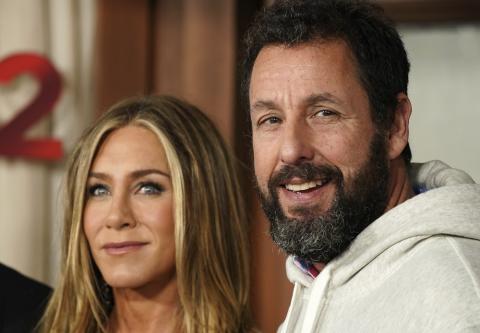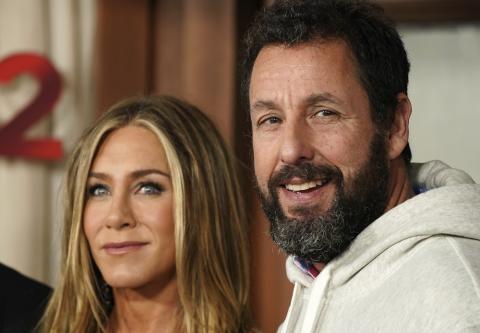
Laura Citarella’s movie is a coolly unhurried four hours-plus, split into two parts of around two hours each; it is from the same producer, in fact, as Argentinian auteur Mariano Llinás’s legendary 13-and-a-half hour film La Flor. Compared with that, Trenque Lauquen – whose title means “round lake” and is a city in Buenos Aires province – is a mere cine-haiku; but it is still a domestic epic, a giant puzzle, a whopping solutionless mystery and a meandering shaggy dog story with a hint of Borges or AS Byatt’s Possession. And Citarella might have mixed these influences with Lynch or even David Robert Mitchell’s divisive noir Under the Silver Lake. Yet for all its deadpan charm, there is something here which I couldn’t quite make friends with, or engage with fully. I think it is the way that the film jumps, or maybe shark-jumps, from one strange story to another after the intermission.
Trenque Lauquen is a follow-up, or development of sorts, to Citarella’s earlier, briefer film Ostende from 2011, and like that film it stars Laura Paredes as Laura, a botanist and sometime broadcaster on women’s history at a local radio station (no new-fangled podcasts here). Disturbingly, Laura has gone missing from the city of the title, and two men are travelling around looking for her; one is her very uptight academic boyfriend Rafa (Rafael Spregelburd), with whom she does not have one single scene in the film, and the other is stolid, unsmiling married man Chicho (Ezequiel Pierri) who was helping with the project that obsessed Laura before her disappearance. Rafa suspects, with good reason, that Laura and Chicho were in love, something which the audience is to witness – not in flashback exactly, because episodes are shown out of order, but in a dramatic present tense. Rafa’s quest is not only to find her but also the truth about Laura’s possible infidelity.
Having borrowed Alexandra Kollontai’s Autobiography of a Sexually Emancipated Communist Woman from the local library for her weekly broadcast, Laura discovers a love letter hidden in its yellowing pages. By borrowing other books from the same donor to the library, she finds other letters amounting to manuscript evidence of a secret, passionate affair between a local teacher and a married man – made even more gripping and poignant because the woman involved vanished when she got pregnant. (There is a brief film-within-a-film sequence with Citarella playing the woman.) Given that we know Laura herself has gone missing, could it be that this affair has triggered a breakdown in her, or caused her to plunge down a conceptual rabbit-hole searching for the truth of this woman’s soul? And her own?
Well, yes and no – because the second half is about a new mystery which levitates the movie to a new, almost supernatural plane. It’s the discovery of a weird feral thing – a wild child, or animal – in the lake that gives the town its name. (The entity’s body is shown at the water’s edge in an extended, unnerving Haneke-esque long shot.) Laura has an odd encounter with the doctor who has taken charge of the situation, a woman so mysterious that Laura calls her a “spectre”. She is pregnant, and so is perhaps a reincarnation of the woman from the epistolary love affair.
For all the film’s mighty length, it seems to cut out before the first story can really come to a satisfying ending and cut out in the same way for the second story too. However, as Citarella’s camera follows Laura into the wilderness on her unexplained walkabout, there is something intriguing about the amplitude of her film-making language, the cool way she refuses to tie anything up. Cult status beckons.
Trenque Lauquen Parts 1 & 2 is released on 8 December in UK cinemas and on Curzon Home Cinema.












